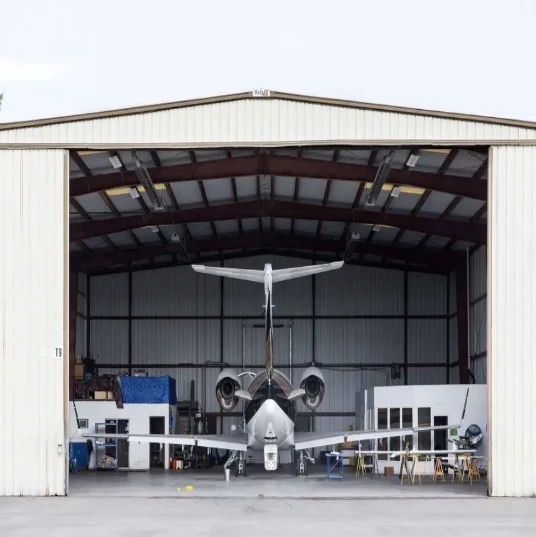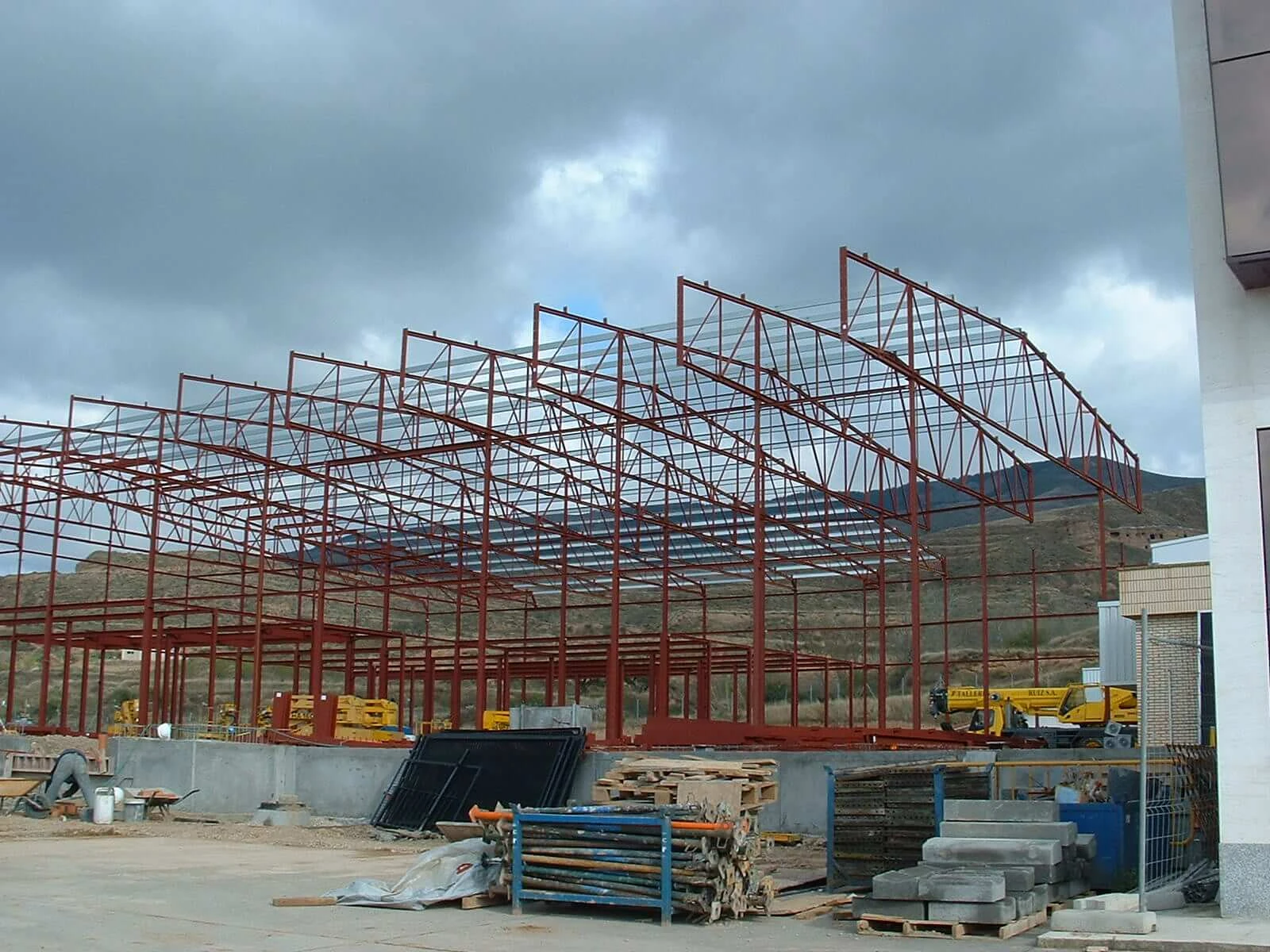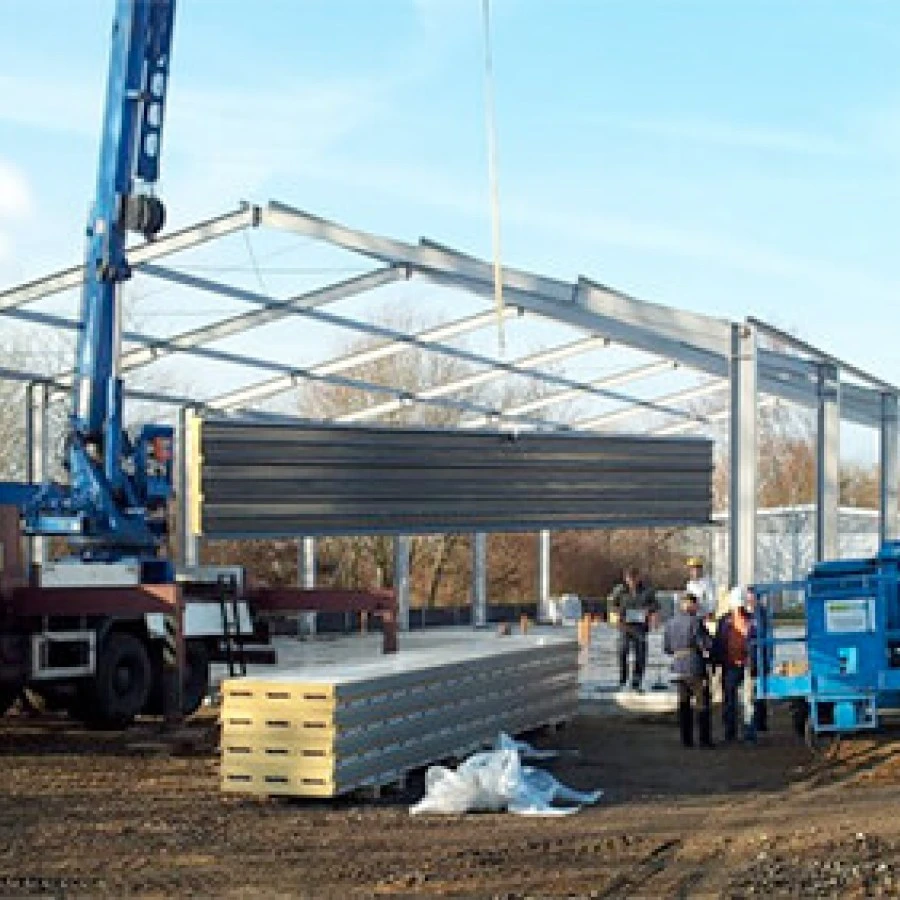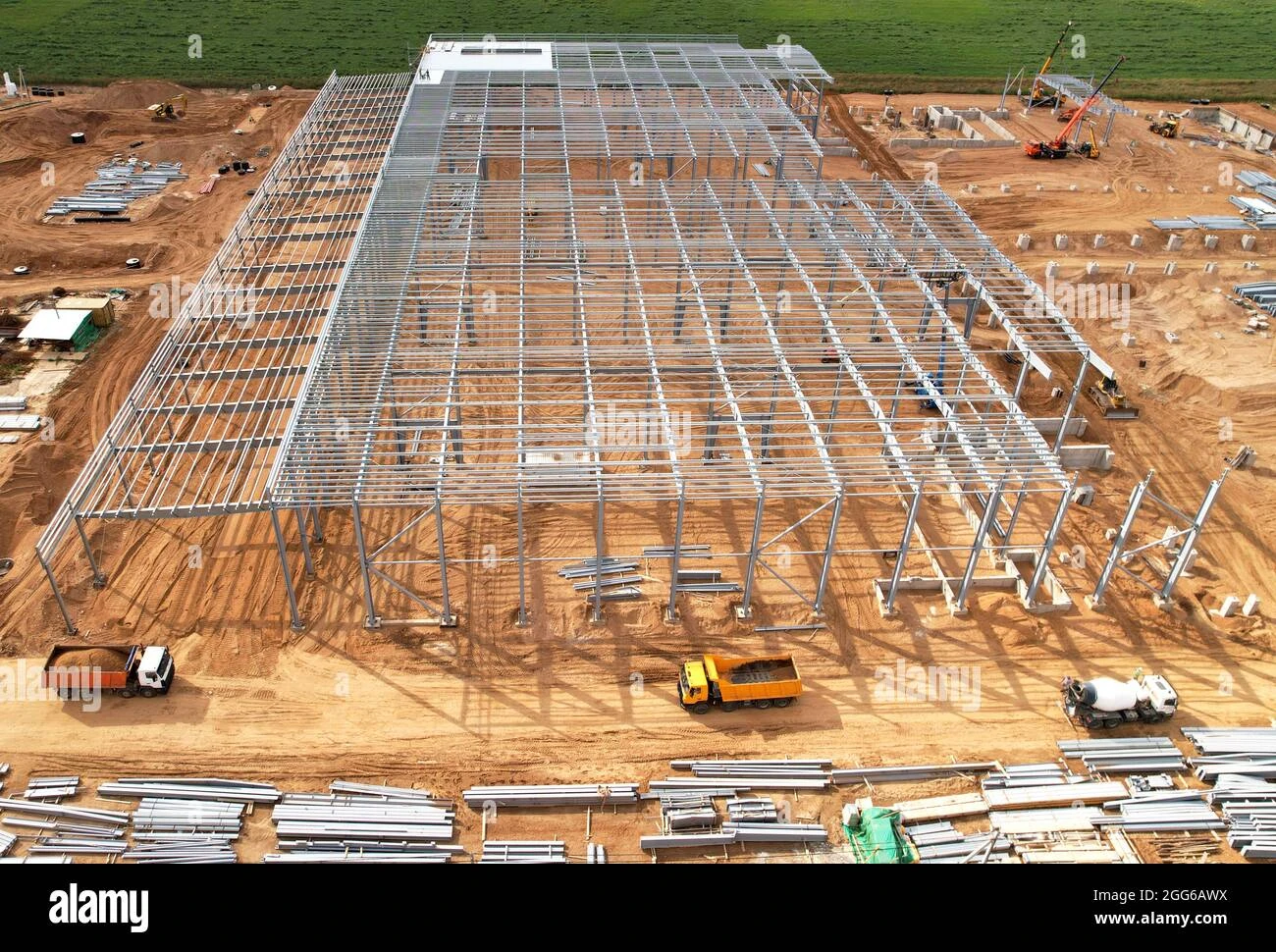- Afrikaans
- Albanian
- Amharic
- Arabic
- Armenian
- Azerbaijani
- Basque
- Belarusian
- Bengali
- Bosnian
- Bulgarian
- Catalan
- Cebuano
- Corsican
- Croatian
- Czech
- Danish
- Dutch
- English
- Esperanto
- Estonian
- Finnish
- French
- Frisian
- Galician
- Georgian
- German
- Greek
- Gujarati
- Haitian Creole
- hausa
- hawaiian
- Hebrew
- Hindi
- Miao
- Hungarian
- Icelandic
- igbo
- Indonesian
- irish
- Italian
- Japanese
- Javanese
- Kannada
- kazakh
- Khmer
- Rwandese
- Korean
- Kurdish
- Kyrgyz
- Lao
- Latin
- Latvian
- Lithuanian
- Luxembourgish
- Macedonian
- Malgashi
- Malay
- Malayalam
- Maltese
- Maori
- Marathi
- Mongolian
- Myanmar
- Nepali
- Norwegian
- Norwegian
- Occitan
- Pashto
- Persian
- Polish
- Portuguese
- Punjabi
- Romanian
- Russian
- Samoan
- Scottish Gaelic
- Serbian
- Sesotho
- Shona
- Sindhi
- Sinhala
- Slovak
- Slovenian
- Somali
- Spanish
- Sundanese
- Swahili
- Swedish
- Tagalog
- Tajik
- Tamil
- Tatar
- Telugu
- Thai
- Turkish
- Turkmen
- Ukrainian
- Urdu
- Uighur
- Uzbek
- Vietnamese
- Welsh
- Bantu
- Yiddish
- Yoruba
- Zulu
دسمبر . 19, 2024 10:14 Back to list
The Rise of Light Steel Structure Buildings
In recent years, the construction industry has witnessed a significant shift towards more innovative and sustainable building practices. Among these emerging trends, light steel structure buildings are gaining considerable attention for their versatility, efficiency, and environmental benefits. This article delves into the characteristics, advantages, and future prospects of light steel structure buildings.
What are Light Steel Structure Buildings?
Light steel structure buildings are constructed using lightweight steel frames and components, which provide a robust yet flexible foundation for various architectural designs. Unlike traditional heavy steel structures, light steel frames are designed to be lightweight, resulting in reduced material use and faster construction times. This building technique is often employed in residential, commercial, and industrial applications, making it a popular choice among architects and builders.
Characteristics of Light Steel Structures
The primary material used in light steel structure buildings is cold-formed steel, which is produced by shaping thin steel sheets into structural profiles. These profiles are engineered to provide maximum strength while minimizing weight. The key characteristics of light steel structures include
1. Strength and Durability Despite their lightweight nature, light steel structures possess excellent strength-to-weight ratios. This makes them capable of withstanding extreme weather conditions, seismic activities, and other environmental challenges.
2. Design Flexibility Steel frames can be easily customized to accommodate a wide range of architectural styles and designs. This flexibility allows architects to push creative boundaries while adhering to structural safety standards.
3. Sustainability Steel is 100% recyclable, making light steel structure buildings an environmentally friendly choice. The reduced material consumption and waste generated during construction further contribute to their sustainability.
4. Speed of Construction The prefabricated nature of light steel components allows for rapid assembly on-site. This not only accelerates the construction timeline but also reduces labor costs.
5. Fire Resistance Steel is inherently non-combustible, providing a safer environment within light steel structure buildings. Properly treated steel frames have a high resistance to fire, enhancing overall safety.
light steel structure building

Advantages of Light Steel Structure Buildings
Light steel structure buildings offer numerous advantages that make them appealing to developers, builders, and homeowners alike
1. Cost-Effectiveness While the initial investment in steel may be higher than traditional materials, the long-term savings associated with durability, lower maintenance costs, and reduced insurance premiums often make light steel an economically viable option.
2. Energy Efficiency The insulation properties of light steel buildings can lead to significant energy savings. When paired with energy-efficient systems, these buildings can enhance comfort while lowering utility bills.
3. Reduced Construction Waste As light steel components are often manufactured off-site, there is less waste generated during the construction process. This contributes to a more sustainable building approach.
4. Enhanced Safety The structural integrity of light steel buildings ensures that they remain safe and sound over time, reducing the risks associated with structural failures.
Conclusion The Future of Light Steel Structure Buildings
As urbanization continues to rise and the demand for sustainable building practices becomes increasingly pressing, light steel structure buildings are poised to play a crucial role in the future of construction. Innovations in steel production and building technologies—such as improved insulation methods and smarter structural designs—are likely to enhance the appeal of light steel structures even further.
Moreover, as more architects and builders recognize the benefits of light steel construction, we can expect to see an increase in its adoption across various sectors. From residential homes to large commercial facilities, the potential applications of light steel structure buildings are virtually limitless.
In summary, light steel structure buildings represent a progressive step towards a more sustainable, efficient, and flexible approach to construction. Their combination of strength, sustainability, and design versatility ensures that they will remain a prominent feature in the landscape of modern architecture. As the industry continues to evolve, embracing light steel structures could very well pave the way for a greener and more efficient future in building design.
-
Cold Formed Steel Residential Framing
NewsMay.21,2025
-
Innovative Steel Structure Building Solutions
NewsMay.19,2025
-
Innovative Prefab Metal Shed Solutions
NewsMay.19,2025
-
Durable Steel Horse Shelter Solutions
NewsMay.19,2025
-
Durable Metal Shed Solutions
NewsMay.19,2025
-
Durable Big Metal Shed Solutions
NewsMay.19,2025
Products categories
Our Latest News
We have a professional design team and an excellent production and construction team.












